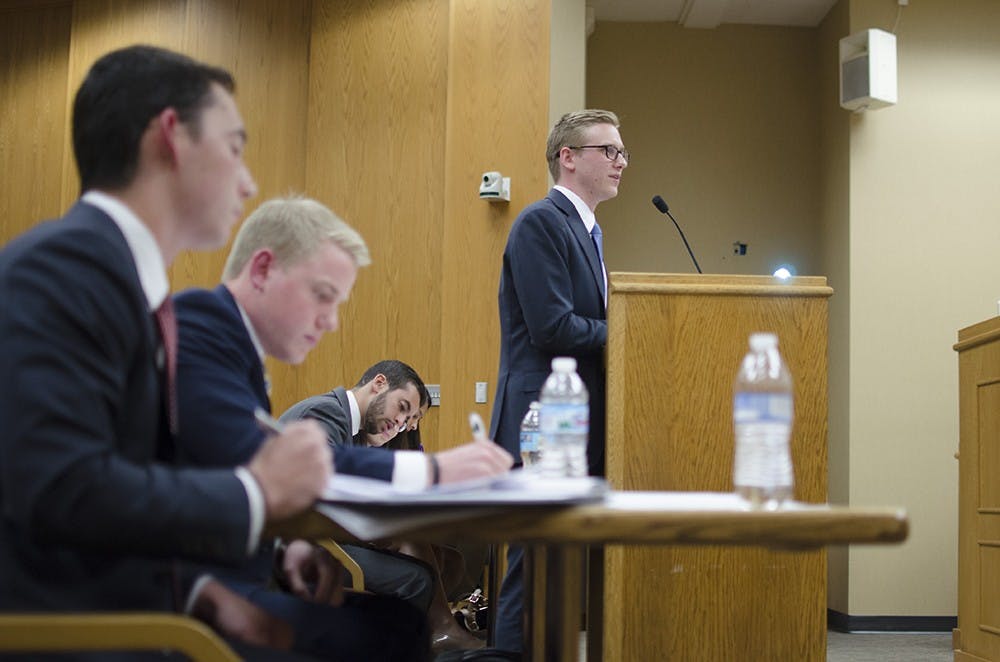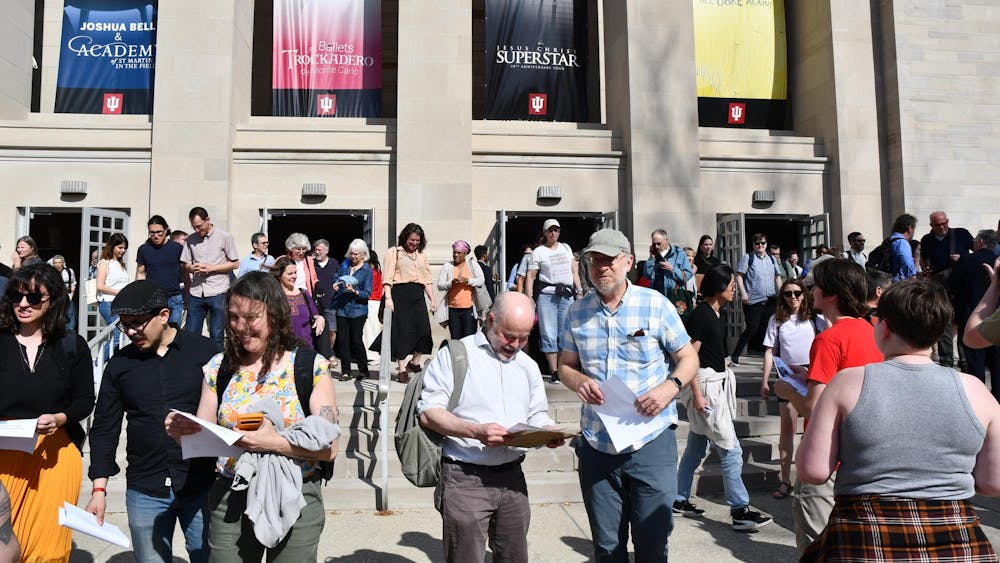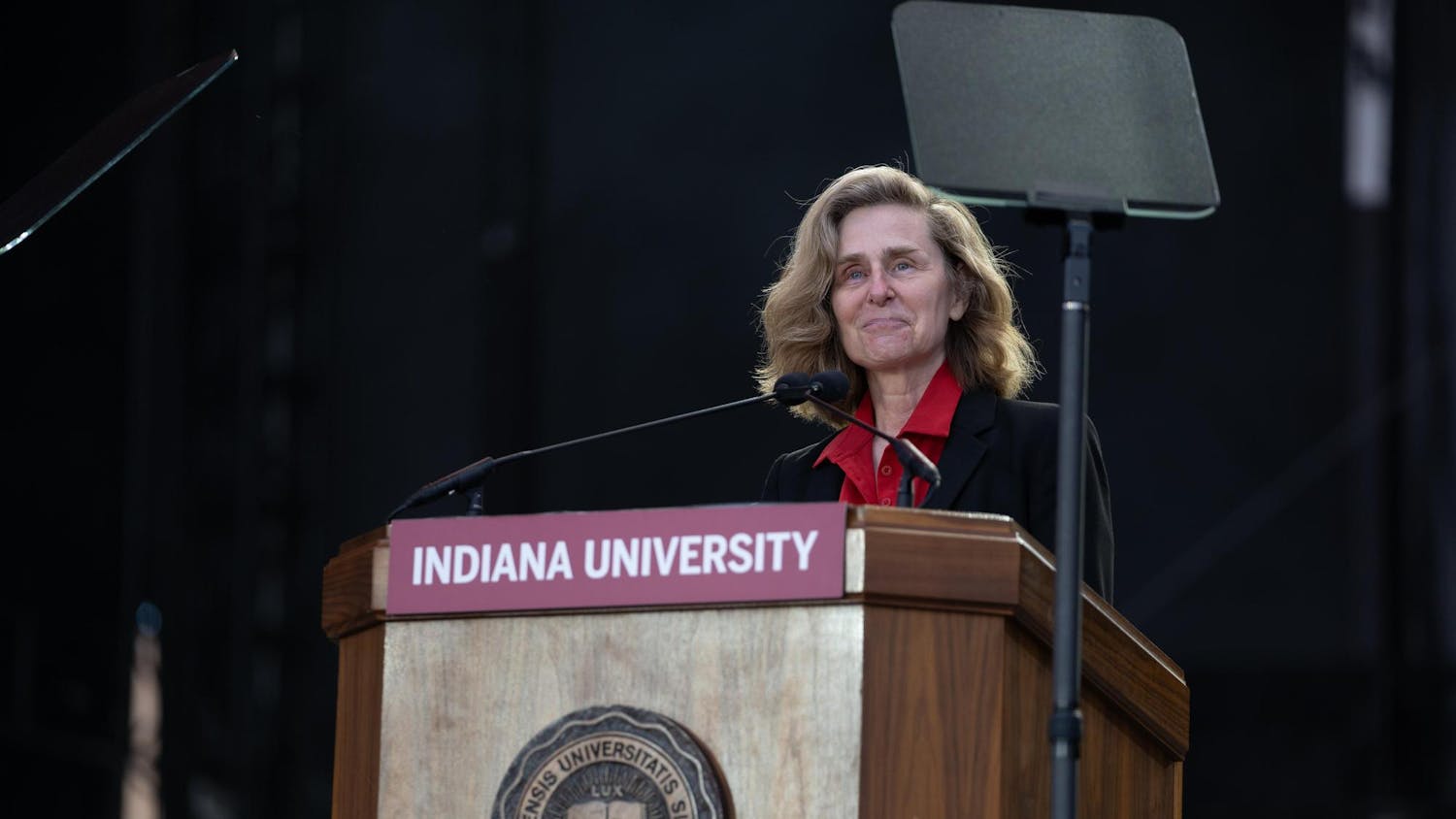The Supreme Court must issue a written decision within 48 hours of the hearing.
The Disqualification
Amplify failed to include branded T-shirts and a miniature pony in its total campaign expenditures and failed to list the shirts and pony in its final financial statements.
According to the election code, tickets that spent more money than they received in campaign contributions or that spent more than $3,000 are eligible for disqualification. The election commission accused the ticket of ?exceeding both limits.
Amplify, however, appealed the disqualification, citing a miscommunication between the ticket and the election commission.
The Argument
Amplify accused the election commission of wrongly accusing the ticket of spending more money than they received in campaign ?contributions.
According to the original financial statements supplied by Amplify to the election commission, before accounting for the shirts and pony, Amplify received $2,541.20 in campaign donations and spent $2,477.74, less than the limit of $3,000 and less than the ticket received in ?campaign contributions.
The election commission, however, determined the fair market value of the shirts to be $1,023 and the pony to ?be $350.
According to the revised financial statements, supplied by Amplify to the election commission, after ?accounting for the shirts and pony, Amplify received $3,959.60 in campaign donations and spent $3937.03, more than the limit of $3,000, but less than the ticket received in ?campaign contributions.
However, rather than merely accounting for the shirts and the pony, Amplify added additional campaign contributions not previously listed on the original financial statements.
The ticket claimed it did not add these additional campaign contributions to ensure that their expenses did not exceed their campaign contributions, an assertion later supported by the ?election commission.
Amplify also accused the election commission of providing it an advisory of opinion that caused it to spend more than $3,000.
The family of Zack Farmer, the ticket’s vice president of congress candidate, provided the shirts to the ticket at a discounted price and Agape Therapeutic Riding Center exchanged the pony for 10 hours of community service.
When the ticket reached out to the election commission for an advisory opinion asking if it could list the shirts at the discounted price on the financial statements, the election commission said the ticket could list the discounted price.
Farmer’s family, however, eventually provided the shirts to the ticket for free and, therefore, the ticket did not list the shirts on the financial statements at all. It also didn’t list the pony.
Amplify contends that, even though the situation changed, it should have, and did, base its decision on the advisory opinion and chose not to list the shirts, or the pony, on the financial ?statement.
“We are here because we received an advisory opinion and, through our interpretation of the advisory opinion, we believed that we needed to list those contributions at zero dollars and zero cents,” Farmer said.
The ticket, however, did not list those contributions ?at all.
The election commission contends that, because the situation changed, the ticket should have reached out to the election commission for a second advisory opinion and asked if it should still list the shirts and the pony.
“The texts concluded that the Amplify ticket was comfortable with the assessment we made regarding the purchase of something at a fair value, and we didn’t have any indication that they were going to take that advisory opinion and apply it to different situations,” Caroline Dusenberry, finance chair of the election commission said.






